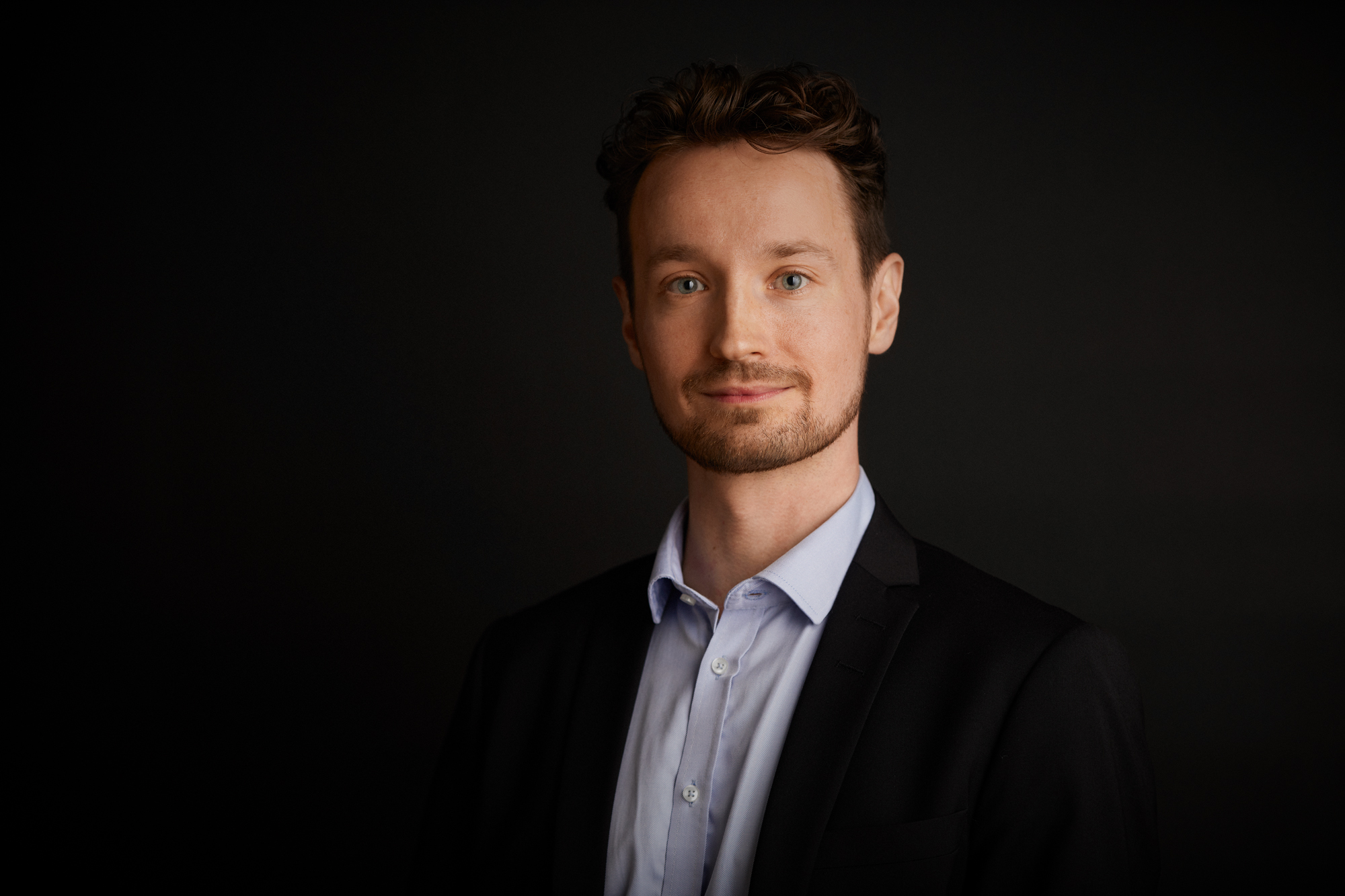James Gabe
Research leader

Project title
Above and Beyond the Classification of C*-algebras
What is your project about?
C*-algebras (pronounced "C-star-algebras") are mathematical objects that underpin a lot of quantum technology. This research project, which is in pure mathematics, is about classifying C*-algebras which never become quantum entangled, as well as gaining profound insight on channels between C*-algebras which break entanglement. Just as how the classification of the chemical elements -- the periodic table -- is fundamental for chemistry, the classification of C*-algebras gives us a truly deep understanding of these principal mathematical structures. I have together with my international collaborators recently developed a new approach to classification of C*-algebras through the classification of channels. This project is about capitalising on these new techniques and bring the classification theory to unprecedented directions. The two main focuses will be on how C*-algebras can be deformed without changing them, and characterising exactly which channels can be classified.
How did you become interested in your particular field of research?
From an early age I was interested in solving puzzles, which eventually crystalised as a fascination of mathematics and the natural sciences. At university, studying pure mathematics, my interests started converging towards both C*-algebras and algebraic topology, and found somewhat of a middle ground in K-theory for C*-algebras and eventually classification theory. Doing mathematics is like very deep puzzle solving, some of which can take months or even years to solve, and the thrill of this is what I really enjoy by my research.
What are the scientific challenges and perspectives in your project?
My international collaborators and I recently developed a new technique for classification of C*-algebras. An important step is to first classify the channels between C*-algebras which are a posteriori classifiable -- an a priori even harder problem -- and then use this to classify the C*-algebras themselves. It remains a mystery and a key challenge in the project to determine exactly which channels can be classified more generally when the C*-algebras involved are no longer themselves classifiable. My new research group will approach this problem by investigating what happens in specific examples where the C*-algebras themselves are not classifiable, but where some of the channels between them are.
What is your estimate of the impact, which your project may have to society in the long term?
The ability to classify structures in mathematics, essentially means that we grasp them on an incredibly deep level. With the rapid development of quantum technologies it is now more important than ever to gain a profound understanding of the related mathematics, and this project is a step in this direction.
Which impact do you expect the Sapere Aude programme will have on your career as a researcher?
It is an honor to receive a Sapere Aude grant. It provides me with the great opportunity to create my own research group. It also allows me to bring international experts to my host university in Odense, to better discuss and exchange ideas on the project, which is a crucial aspect of high level mathematical research. This grant is the next step in establishing myself as an international research leader, and it makes me highly competitive for big international grants such as the ones provided by the European Research Council (ERC).
Background and personal life
I am married to my partner, Kristin, who is also a mathematician. When I have a free evening, it's usually spent watching TV or playing video games, or going out for a few good beers. If you had asked me a few years ago, a side career as a singer and mediocre guitarist in an (amateur) rock band would have been on the cards too, but the rock star dream has been put on ice.
View all research leaders here
Research institution
University of Southern Denmark
Research field
Math
City of your current residence
Odense
High school
Virum Gymnasium
